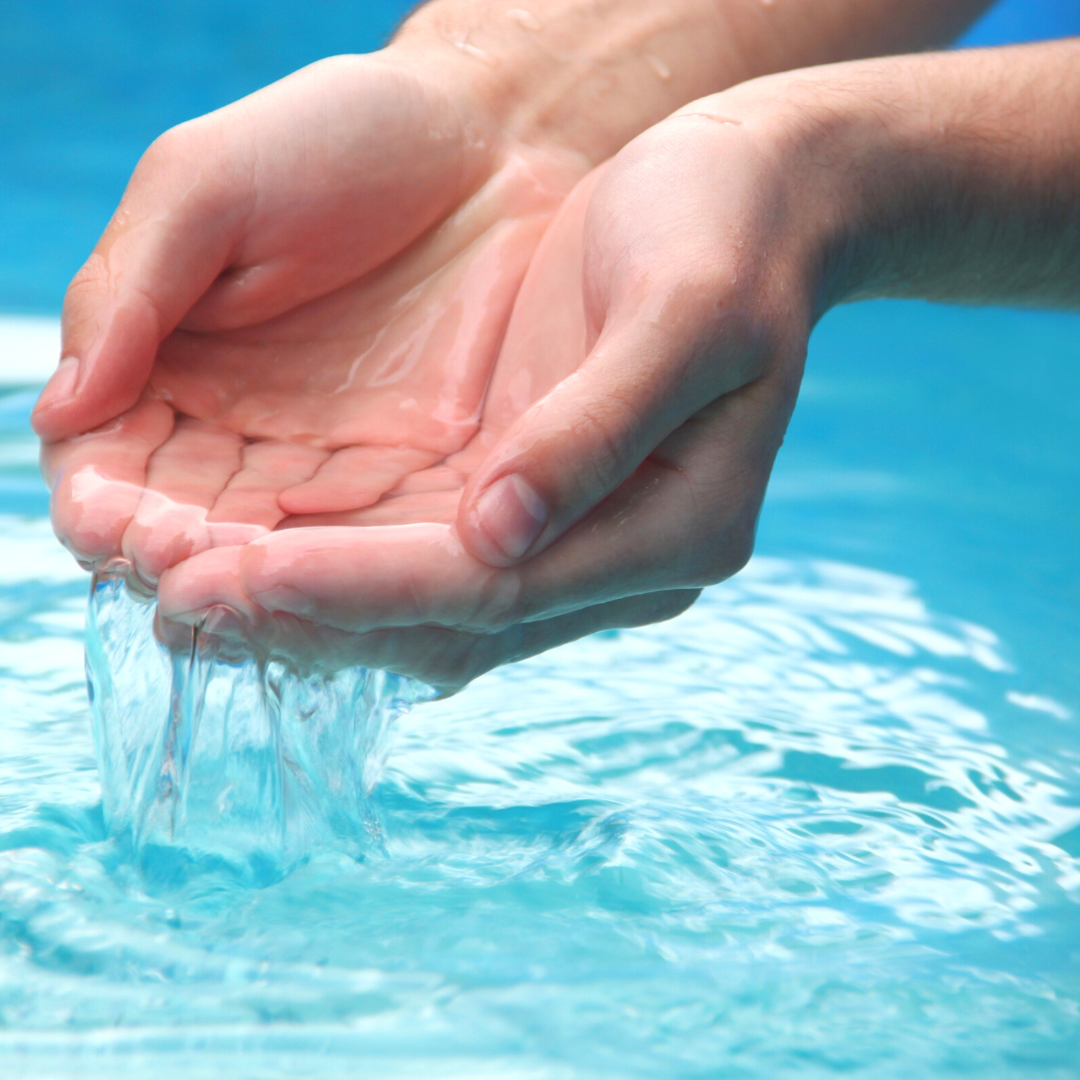How to Protect Yourself Against Water Contamination: The Risks & Causes
sharing is caring :)
Disclaimer: Je’Ana C. curates the Shades of Tatiana Media product selections. We only recommend products we genuinely love. If you buy something through our affiliate links, we may earn a small commission at no cost to you.
What is Water Contamination? Also known as water pollution refers to harmful contaminants in water sources, such as chemicals, bacteria and parasites, heavy metals, sewage, and radioactive particles. The term 'contamination' includes natural contaminants such as minerals and salts that interfere with the water's purity. Water is one of the most invaluable resources there is in this world. However, not all is purer than clean water.
Water contamination is a major issue that affects people all over the world. This article will examine water contamination, its risks, causes, and how to protect yourself. We will also share the latest research on water contamination and its effects on human health. By the end, you will better understand water contamination and what you can do to safeguard yourself and your loved ones!
POPULAR ARTICLE:
To Do List Planner Notebook
AMAZON | $12.99
IMAGE SOURCE: PEXELS
What is Water Contamination?
Water contamination occurs when pollutants contaminate a body of water, making it unsafe for human consumption. The main types of water contaminants are bacteria, viruses, chemicals, and metals. Water can also become contaminated by sewage, agricultural runoff, or industrial waste. While some contaminants can be eliminated from water through treatment, others are not so easily removed and can still pose a health risk. Surface water (lakes, rivers, and streams) is more likely to be infected than groundwater (water from wells and aquifers). It is vital to note that even treated water may not be safe to drink if it has been contaminated with certain chemicals or metals.
What are the Risks of Water Contamination?
The main risk of water contamination is that it can lead to serious health problems. People who drink contaminated water can develop infections, gastrointestinal illnesses, and other diseases. In some cases, water contamination can even be fatal. For instance, pregnant women and young children are especially vulnerable to the effects of water contamination. Pregnant women who drink contaminated water can pass harmful bacteria and viruses to their unborn children, leading to congenital disabilities or other health problems.
Young children are also more likely to suffer from dehydration if they drink contaminated water. For example, Camp Lejeune in North Carolina is an area with high water contamination levels. The families, who were affected, had to suffer from many birth defects and diseases because of the water they were consuming. However, there is currently a lawsuit underway. Read this helpful article to learn more about your options if you have been affected by water contamination. In addition to causing health problems, water contamination can also lead to economic losses. For example, businesses may have to close down due to a lack of clean water, and farmers may lose crops due to contaminated irrigation water.
IMAGE SOURCE: PEXELS
What are the Causes of Water Contamination?
There are many different causes of water contamination. Some of the most common include:
Sewage: This can contaminate water with harmful bacteria and viruses. Sewage entering a river or lake can quickly spread contaminants to large areas of water.
Agricultural runoff: When farmers use fertilizers and pesticides on their crops, some chemicals can wash into nearby lakes and rivers, contaminating the water.
Industrial waste: Factories often release harmful chemicals into waterways, contaminating the water for miles downstream.
Leaking underground storage tanks: If an underground storage tank containing gasoline or other chemicals leaks, it can contaminate groundwater (the water found in aquifers below the ground).
In some cases, natural disasters can also lead to water contamination. For example, floods can wash sewage and other contaminants into waterways, and earthquakes can break pipelines and cause chemical spills.
How Can You Protect Yourself from Water Contamination?
There are several things you can do to protect yourself from water contamination. Some of the most important steps include:
Treating all surface water before drinking it: If you drink surface water, you should first boil it or treat it with a water filter or purification tablets. This will kill any harmful bacteria and viruses that may be present in the water.
Avoid swimming in contaminated water: if you know that a body of water is contaminated, you should avoid swimming in it. Swimming in dirty water can result in serious health problems.
Checking for advisories: Local authorities may issue an advisory if there is a risk of water contamination in your area. Advisories will usually be posted in public places, such as schools and libraries.
Staying up to date on the news: if there is a water contamination incident in your area, you should stay updated on the latest news reports. This will help you avoid using contaminated water.
By following these steps, you can safeguard yourself from the harmful effects of water contamination. No matter how you slice it, water contamination is an important issue that requires attention. Dirty water can lead to a host of health issues, as well as social and political problems. The earlier we take care of the issue, our world will be better off. Let us know your thoughts in the comments!












Do you want to build healthier habits and get rid of unhealthy old habits? With the increasing number of people getting sick and the rising health care costs, it is becoming increasingly important to keep your health in check. Today, we will look at how you can make a lifestyle change and improve your quality of life. Discover the best things you can do for your health right now!